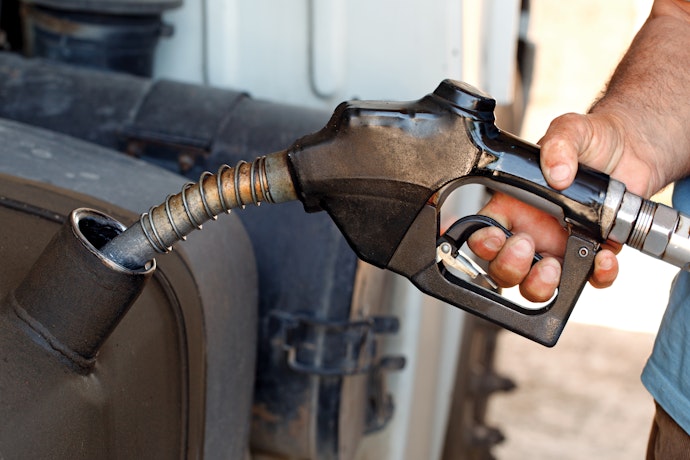10 steps for implementing the best GPS fleet tracking system
Implementation tips to maximize the benefits and avoid common pitfalls.
Read more
For carriers and small shipping companies, any increase in fuel prices can drastically influence overhead operations costs and impact profitability. Let's look at why rising fuel costs are important to independent shipping organizations and discuss actionable steps that businesses can take to thrive despite rising costs.
According to the U.S. Energy Information Administration (EIA), based on the April 12, 2022 update to the Short-Term Energy Outlook (STEO), the administration forecasts that the retail price of regular-grade gasoline will average $3.84 per gallon (gal) in the United States this summer and that retail diesel prices will average $4.57/gal. Additionally, EIA suggests that crude oil price volatility could cause gasoline prices to be higher or lower than the forecast, which could affect gasoline demand.
While the rising costs of both gasoline and diesel are important for all carriers to consider, they’re even more critical for hazmat distributors in the oil and gas industry. Time is money when it comes to moving fuel, and these carriers especially must proactively address fuel efficiency and work to shorten travel times. This includes tapping into more efficient routes, harnessing instant location information and reducing response times.
One of the easiest ways for carriers and small trucking companies to start streamlining fuel efficiency in 2022 and beyond is using technology. Near real-time software can help companies better understand where trucks are going, the routes they are taking and where opportunities for improvement lie.
For instance, Verizon Connect worked with Bill Howe Plumbing and their risk manager to help them use telematics to reduce annual accidents by 87%. They’ve seen other positive side effects, too, including lower insurance costs and reduced fuel consumption.
Smaller companies can leverage this free fuel cost tool to personalize and estimate the cost of their fleet’s fuel consumption.
To continue to combat the effects of rising fuel costs, businesses can leverage near real-time GPS tracking to monitor fuel efficiency–allowing them to better understand how much gasoline or diesel is consumed by their fleet each year. In addition, they can pinpoint waste in their operations and create action plans to become more efficient long-term.
Some of the lesser-known areas that impact fuel efficiency include:
With the right technology and ample planning and preparation, all facets of your business, from back-end operations to drivers, can streamline efficiency and stretch the boundaries of fuel costs.
Tags: Cost control, Dispatching & Scheduling, Field management, Productivity & Efficiency, Revenue & ROI, Routing, Team Management, Vehicle Maintenance




Find out how our platform gives you the visibility you need to get more done.
Implementation tips to maximize the benefits and avoid common pitfalls.
Read moreLearn how GPS tracking can help reduce fuel costs...
Read moreLearn how fleet management technology can help you reduce your fuel costs...
Read moreLearn how telematics can lead to operational improvements.
Read more